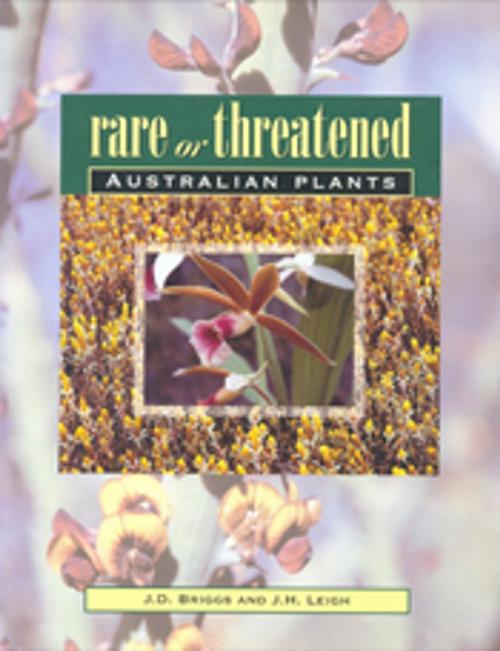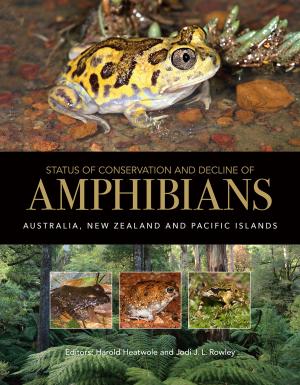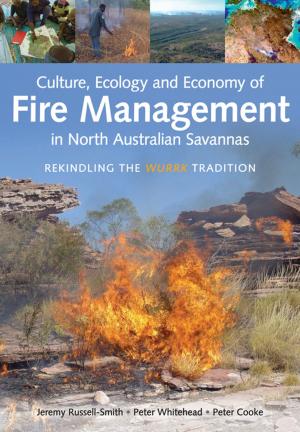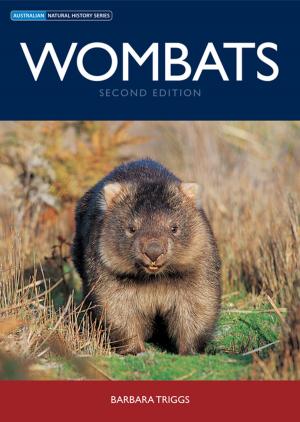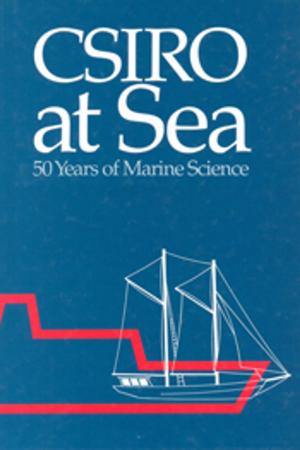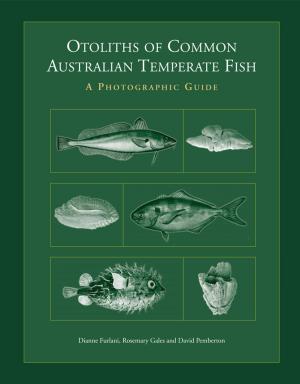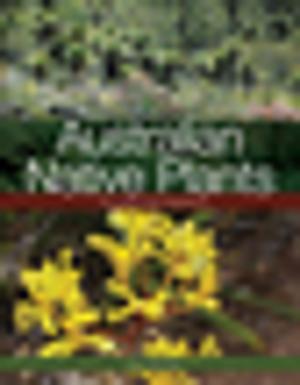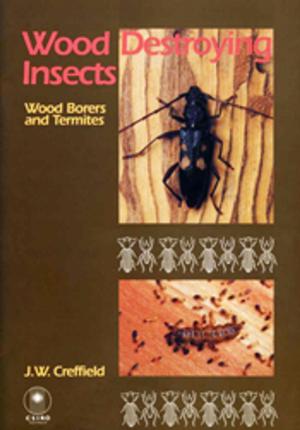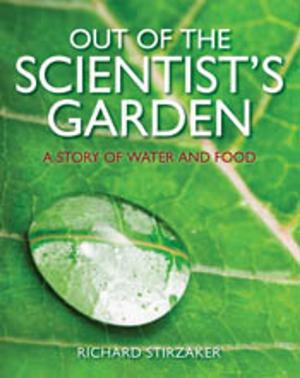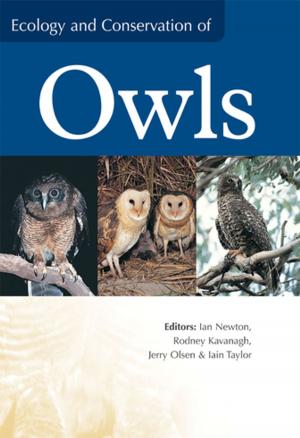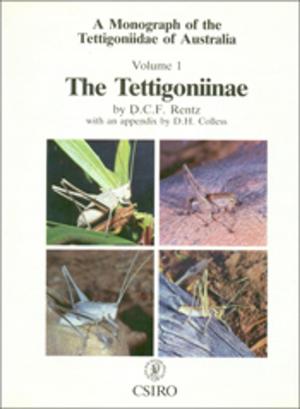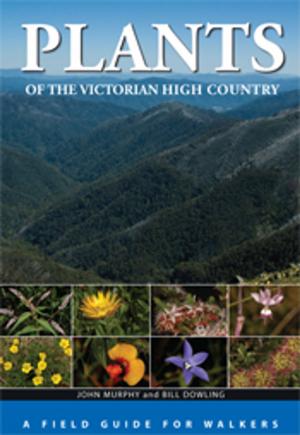Rare or Threatened Australian Plants
Nonfiction, Science & Nature, Science, Biological Sciences, Ecology, Nature| Author: | JD Briggs, JH Leigh | ISBN: | 9780643105966 |
| Publisher: | CSIRO PUBLISHING | Publication: | January 1, 1996 |
| Imprint: | CSIRO PUBLISHING | Language: | English |
| Author: | JD Briggs, JH Leigh |
| ISBN: | 9780643105966 |
| Publisher: | CSIRO PUBLISHING |
| Publication: | January 1, 1996 |
| Imprint: | CSIRO PUBLISHING |
| Language: | English |
The Rare or Threatened Australian Plants (ROTAP) list and associated coding system was developed and has been maintained by CSIRO since 1979, and lists taxa that are Presumed Extinct, Endangered, Vulnerable, Rare or Poorly Known at the national level. This edition provides the most up-to-date list for conservation purposes. A significant number of endangered and Vulnerable taxa are included, which have not yet been considered for inclusion on either the Australian and New Zealand Environment and Conservation Council list or the Commonwealth's Schedule 1. This is the first ROTAP publication to include subspecies and varieties, and the list now includes 5031 taxa. There have also been at least 3270 amendments to data for listed taxa. A total of 2012 additional records of regional data for tax already listed has been included. A key factor in the development of public opinion, and the design of effective management schemes, lies in the production of accurate data to tell the story. What is threatened? Where is it found? These are two of the most fundamental questions to answer before any strategic plans can be drawn up. Obtaining such apparently simple statistics is a huge task. Rare or Threatened Australian Plants is therefore an important reference for the national status of threatened species, particularly for Rare and Poorly Known species.
The Rare or Threatened Australian Plants (ROTAP) list and associated coding system was developed and has been maintained by CSIRO since 1979, and lists taxa that are Presumed Extinct, Endangered, Vulnerable, Rare or Poorly Known at the national level. This edition provides the most up-to-date list for conservation purposes. A significant number of endangered and Vulnerable taxa are included, which have not yet been considered for inclusion on either the Australian and New Zealand Environment and Conservation Council list or the Commonwealth's Schedule 1. This is the first ROTAP publication to include subspecies and varieties, and the list now includes 5031 taxa. There have also been at least 3270 amendments to data for listed taxa. A total of 2012 additional records of regional data for tax already listed has been included. A key factor in the development of public opinion, and the design of effective management schemes, lies in the production of accurate data to tell the story. What is threatened? Where is it found? These are two of the most fundamental questions to answer before any strategic plans can be drawn up. Obtaining such apparently simple statistics is a huge task. Rare or Threatened Australian Plants is therefore an important reference for the national status of threatened species, particularly for Rare and Poorly Known species.
